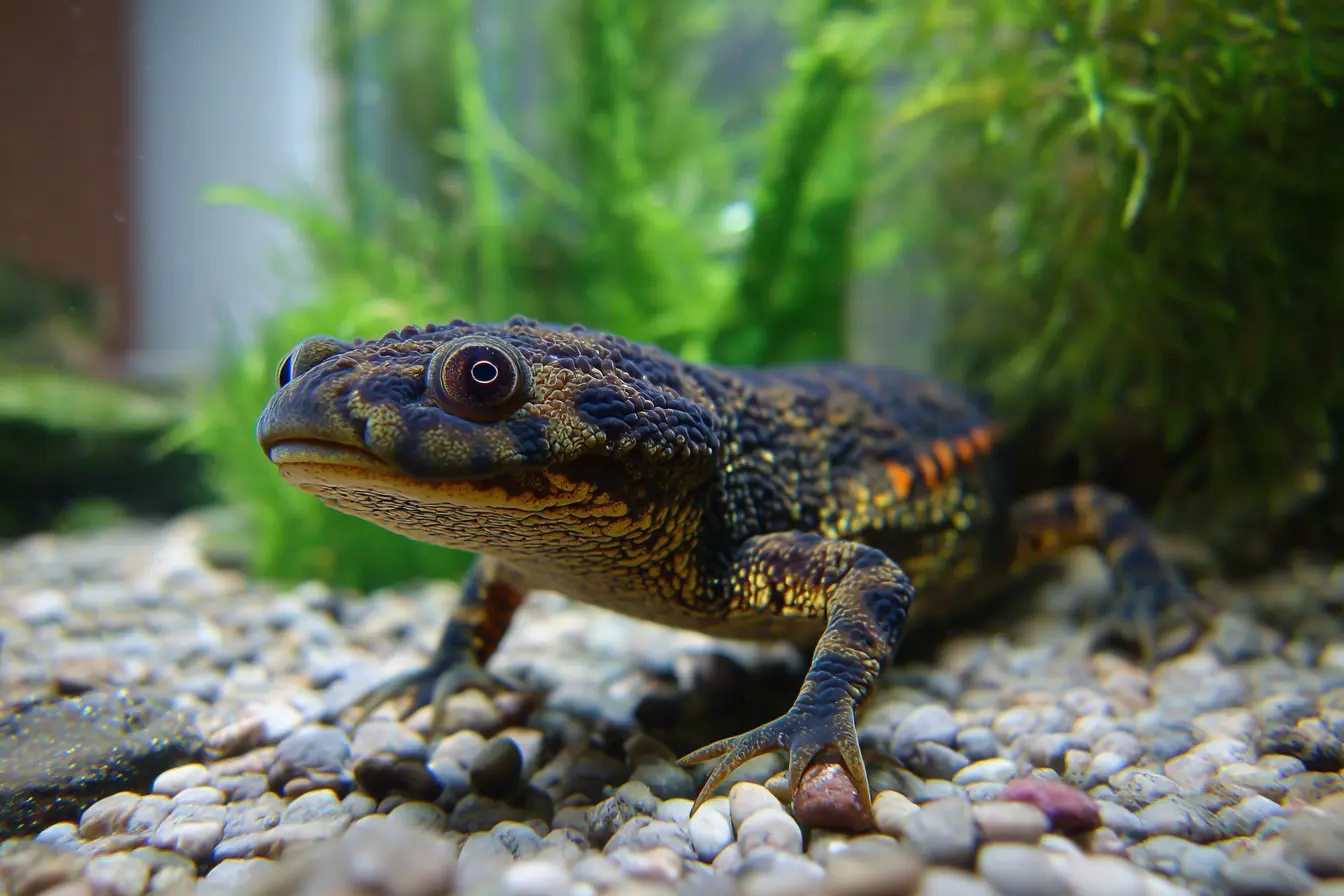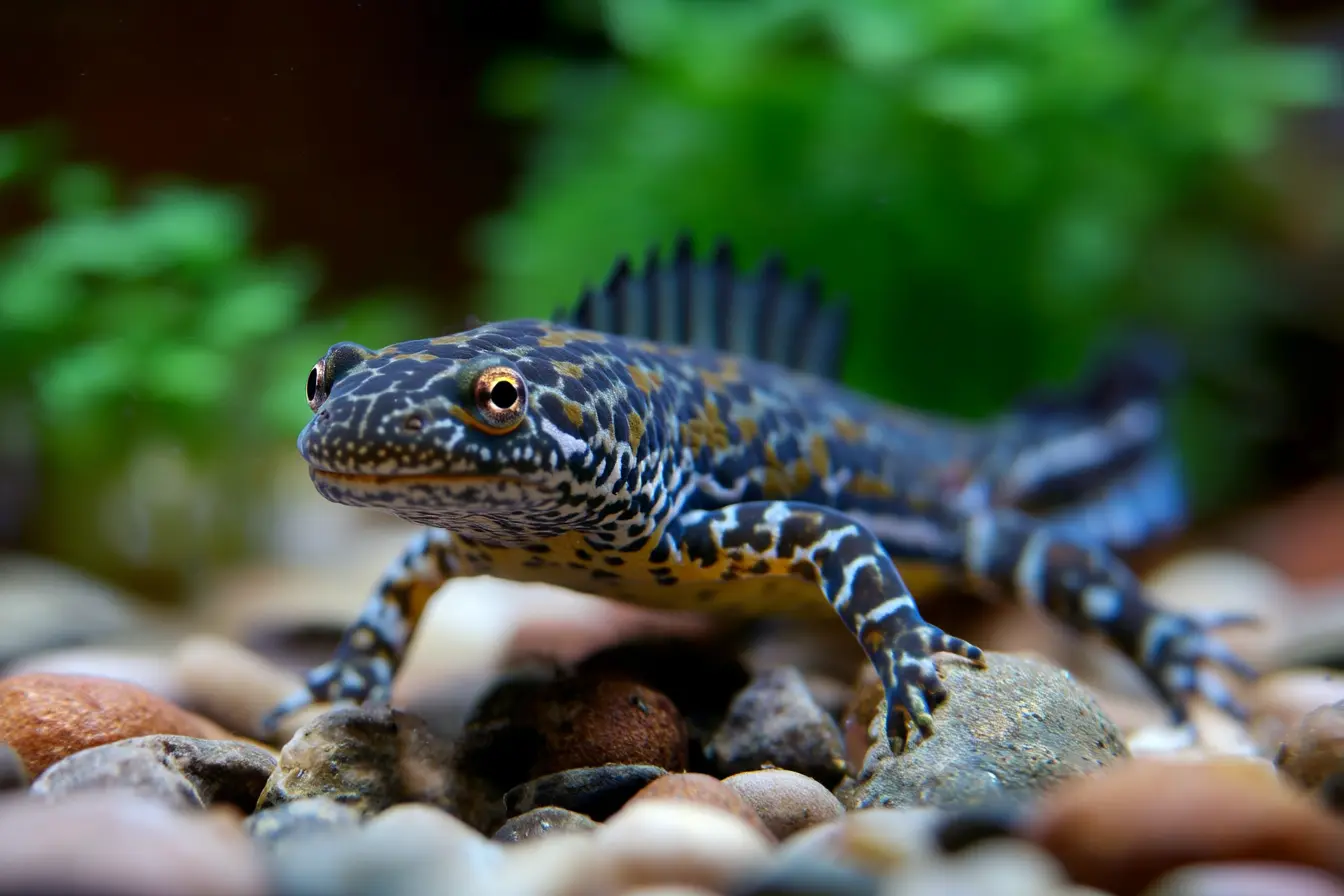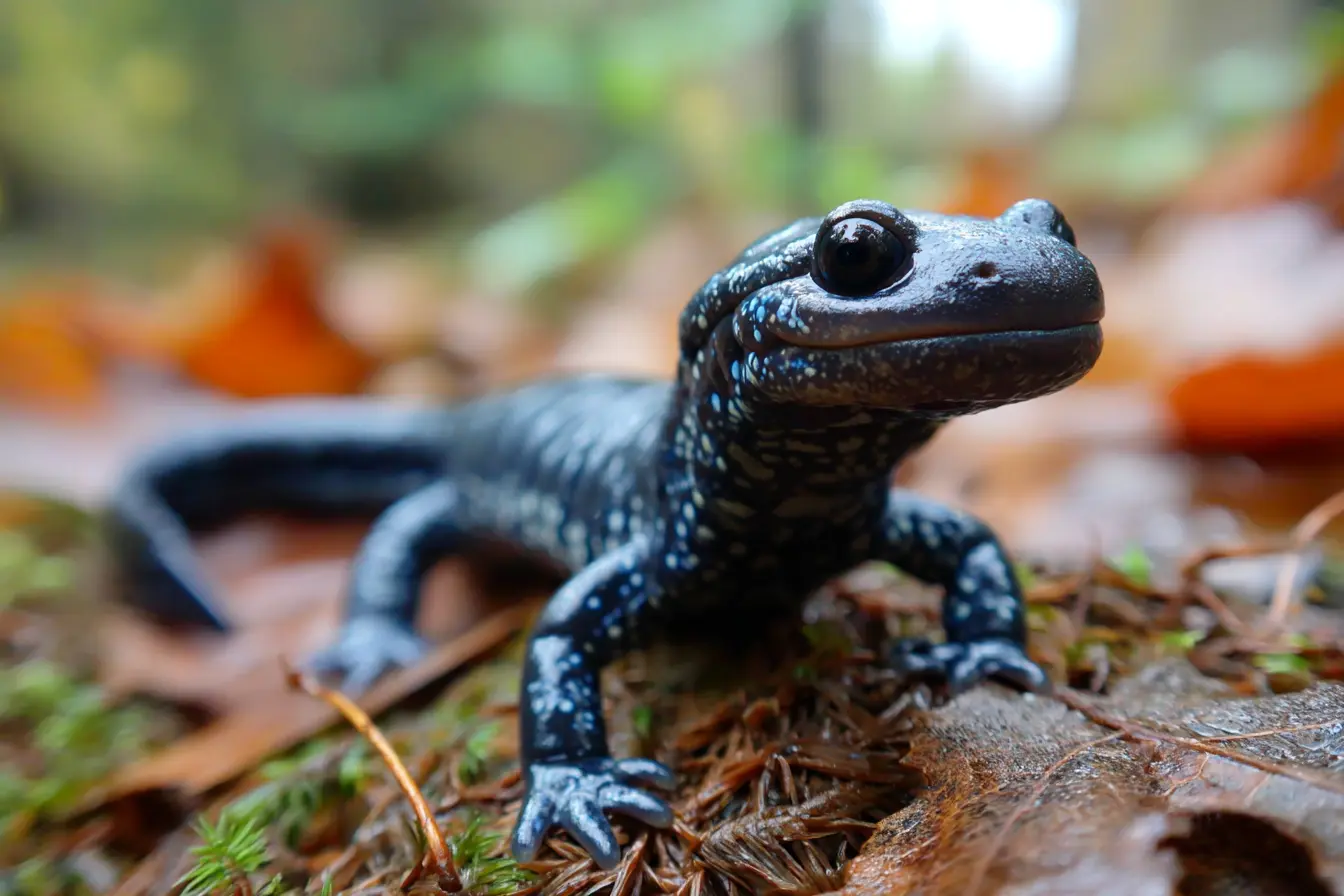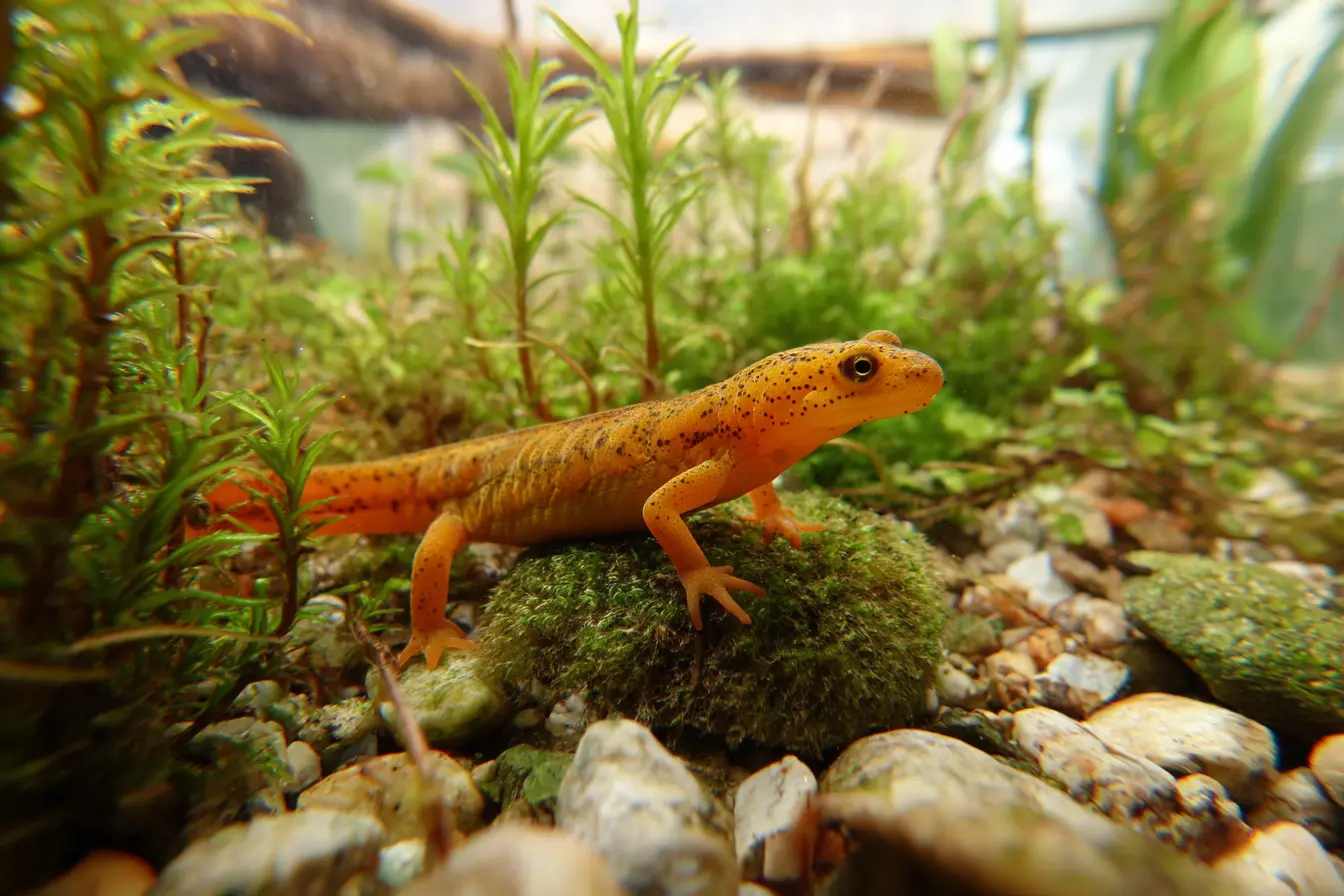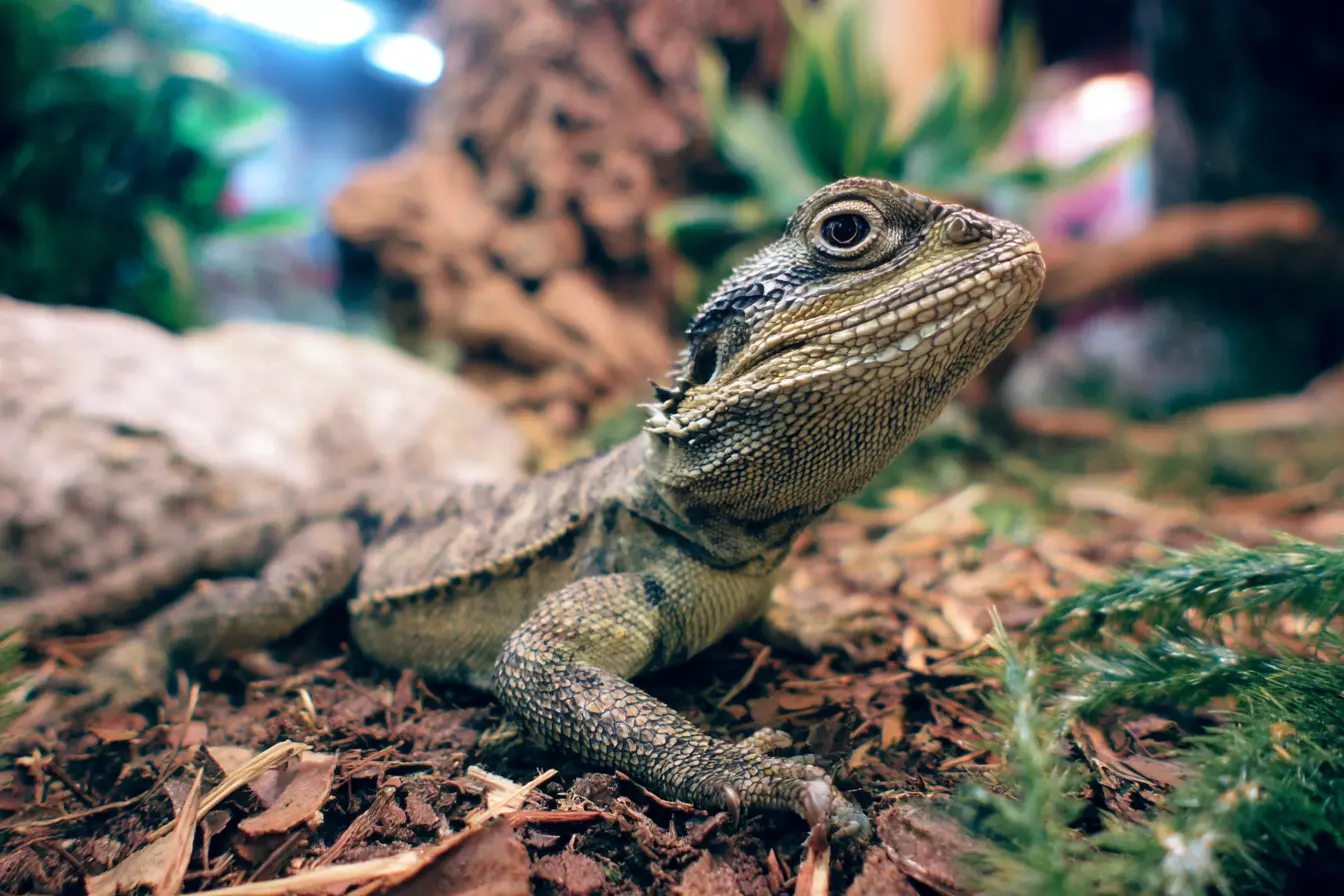
A Beginner's Guide to Feeding Your Pet Lizard
Welcoming a new lizard into your home is an exciting journey, and understanding the best feeding practices is crucial for the health and well-being of your new pet. Here's an essential guide to lizard feeding that every new owner should read.
Understanding Lizard Diets
Types of Lizard Diets
Lizards are diverse in their dietary needs, which can be broadly classified into three types:
- Insectivores: These lizards, like geckos and anoles, primarily eat insects.
- Herbivores: Species such as iguanas and some tortoises require a diet of fruits, vegetables, and greens.
- Omnivores: Bearded dragons and blue-tongued skinks eat both plant-based foods and insects.
Choosing the Right Food
Selecting the right type of food is dependent on your lizard's species. Research your specific type of lizard to understand its dietary needs:
- Insectivores should be fed a variety of insects, such as crickets, mealworms, and occasionally special treats like waxworms.
- Herbivores thrive on a diet rich in leafy greens, some fruits, and vegetables. Calcium supplementation is often necessary.
- Omnivores benefit from a balanced mix of both, along with appropriate vitamin and mineral supplements.
Feeding Considerations
Quantity and Frequency
Feeding the right amount at the right times is vital:
- Young lizards generally require daily feeding as they are growing.
- Adult lizards typically eat less frequently; the schedule can range from daily to weekly, depending on the species and individual health.
Nutritional Supplements
Calcium and vitamin D3 supplements are crucial, especially for lizards that are kept indoors and may not receive adequate UV light:
- Dust food with calcium regularly.
- Use vitamin supplements cautiously, as per a veterinarian’s guidance, to avoid hypervitaminosis.
Creating a Feeding Schedule
Regularity and Timing
Feeding your lizard at the same time each day helps establish a routine. Morning is typically best, as it gives them time to digest their food while they bask throughout the day.
Monitoring Food Intake
Keep an eye on how much your lizard eats to help gauge their health and ensure they are not over or under-eating. Adjust the quantity and frequency as needed.
Common Issues in Lizard Feeding
Obesity
Monitor the body condition of your lizard and adjust feedings to prevent obesity - a common problem in captive lizards that can lead to serious health issues.
Refusal to Eat
A lizard may refuse food due to stress, illness, or unsuitable habitat conditions (like incorrect temperature and humidity). Regular vet check-ups can help identify and treat any underlying issues.
Conclusion
Feeding your pet lizard appropriately is fundamental to its health. By understanding and meeting your lizard's specific dietary requirements, monitoring its intake, and maintaining a consistent feeding schedule, you can ensure your lizard lives a happy and healthy life. Always consult with a reptile-savvy veterinarian to tailor your feeding practices to your pet’s needs.
Vets near you
Speciality vets
- Aquatics vet specialists
- Birds vet specialists
- Camelids vet specialists
- Cats vet specialists
- Cattle vet specialists
- Deer vet specialists
- Dogs vet specialists
- Equines vet specialists
- Exotic vet specialists
- Goats vet specialists
- Pigs vet specialists
- Poultry vet specialists
- Sheep vet specialists
- Small Mammals vet specialists
- Wild vet specialists
Vet facilities
- Accessible by public transport
- Blood testing
- Car park nearby
- Client car park
- Dentistry
- Diagnostic imaging
- Disabled public access
- Flea and worm treatments
- Microchipping
- Mobile services
- Neutering
- Open at weekends
- Out-of-hours service
- Referral interests
- Referrals only
- Street parking outside
- Toilets available
- Vaccinations
